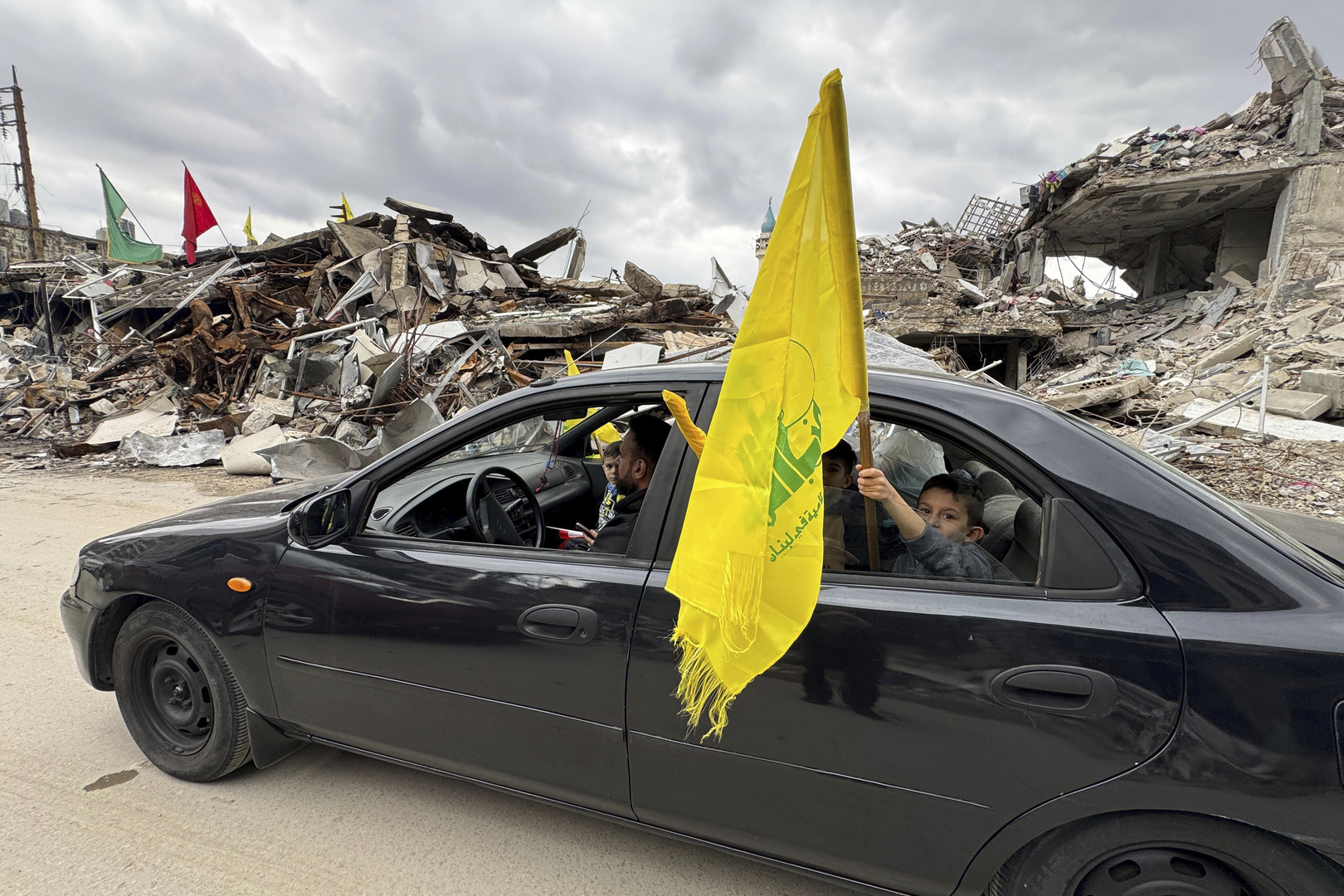Wafic Safa, senior Hezbollah official, indicated on January 5 that the party would not veto any parliamentary session which meets on January 9 to elect a new Lebanese president, except against the leader of the Lebanese Forces Samir Geagea.
While a parliamentary session is to take place on January 9, with a view to electing a future president of the Lebanese Republic, Hezbollah has expressed its demands concerning this future election.
Wafic Safa, head of Hezbollah’s liaison unit, spoke on January 5 at the site of the assassination of former Shiite party secretary Hassan Nasrallah in the southern suburbs of Beirut.
This leader of the pro-Iranian organization notably returned to the importance of the election of a President of the Republic in Lebanon, after more than two years of power vacuum, following the end of the mandate of the general Michel Aoun on October 31, 2022.
Wafic Safa affirmed: “we have already said that we do not have a veto”, in reference to the unofficial candidacy of army general Joseph Khalil Aoun, who is favored by Western chancelleries and Gulf countries.
A necessarily Christian president
“Our only veto concerns the leader of the Lebanese Forces Samir Geagea because he represents a project of discord and destruction for the country,” nevertheless clarified the leader of Hezbollah.
Samir Geagea is the Christian leader of the opposition to the Shiite party. A former militia leader during the Lebanese civil war, he became an influential politician, advocating national sovereignty and fierce opposition to Iranian influence in Lebanon, embodied by Hezbollah.
Geagea criticizes the military and political role of Hezbollah, which he considers an illegal militia undermining the institutions of the Lebanese state. Its opposition is based on principles of Lebanese neutrality, particularly with regard to the Palestinian conflict and the disarmament of non-state armed factions.
According to the national pact of 1943, only a Lebanese of Maronite faith can claim to be head of state. Thus, the difficulty of electing a president lies in particular in the confessional system because the 128 seats in parliament are distributed according to a community sharing: 64 seats for Christians, including 34 for Maronites, 14 for Greek Orthodox, 8 for Greek-Catholics, 3 for Armenian-Orthodox, 1 for Armenian-Catholics, 1 for Syriac-Catholics, 1 for Chaldeans, and 2 for other Christians. 64 seats for Muslims, including 27 for Sunnis, 27 for Shiites, 8 for Druze, and 2 for Alawites.
To be directly elected, the candidate must obtain in the first round a qualified majority of two thirds of all members of the college, i.e. 86 votes. Failing this, a second round is organized. The candidate who obtains 65 votes (out of 128 total) wins.
RT All Fr Trans


